Avocado is a very popular fruit. In fact, the popularity has skyrocketed over the last 20 years.
That might be a good thing for those that like to enjoy nachos with guacamole. But a very bad thing for citizens living in the Petorca province in Chile. The Guardian reports that these citizens have to rely on alternative water sources, as the big commercial avocado farms are “stealing” all the water supply to grow the highly demanded fruit.
Table of Contents
- 2000 liters of water
- Big demand in Europe
- Similar problems in Mexico
- Reports from Chile: avocado production and its environmental impact
- “Blood avocados” – when avocados create social problems
- Summary: this has happened during the big “avocado war” in Mexico
- Conclusion
- Relevant questions that you might (or might not) want to know
2000 liters of water
Avocado is a fruit that demands an awful lot of water to grow. One kilo of avocados needs as much as 2000 liters of water. To put that into perspective, oranges only need 500 liters water per kilo. And tomatoes barely 100 liters of water.
2000 liters is not necessarily a lot of water itself – if you put the avocado farm in Scandinavia or Northern part of Russia. But when the avocado farms are located in a region with a history of drought, you might see where it all goes wrong.
Big demand in Europe
This is a traditional story of supply and demand. According to the same article in The 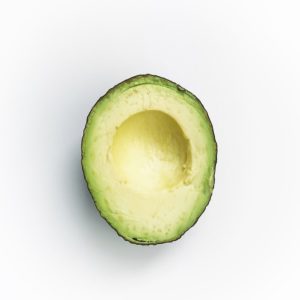 Guardian, the UK demand for avocado increased by 27 % from 2016 to 2017. And it is expected to grow significantly in 2018 as well. The numbers from Statista.com tells the same story – in 1985 the consumption in million pounds avocado per week was 4. In 2010 it was 28. In 2018 it is projected to end at 47.63.
Guardian, the UK demand for avocado increased by 27 % from 2016 to 2017. And it is expected to grow significantly in 2018 as well. The numbers from Statista.com tells the same story – in 1985 the consumption in million pounds avocado per week was 4. In 2010 it was 28. In 2018 it is projected to end at 47.63.
Have you ever thought that the guacamole you buy are coming from a dirty industry? Or do you rely on local governments to improve the conditions for residents living nearby avocado farms?
Similar problems in Mexico
And to end this article, here is a video from Mexico that shows the environmental cost of the avocado production…
Reports from Chile: avocado production and its environmental impact
Probably the best research that has ever been done on this topic is written in Danish. As I am 99.9 % sure that you cannot understand what is written on this website, I will tell you the findings that Danwatch did in 2018. The article is quite long, but I can give you a summary of the most important findings:
– People from a small town in Chile found out, by accident, that avocado farmers had illegally created an underground water system. It turned out that 100 % of the water from the river was going towards avocado production, which created a serious drought situation for the local citizens.
– In 2013, the biggest avocado farm in the area was penalized by the government. Why? Because they had allegedly used 600 % more water than they were allowed to.
– Many high-ranked politicians in Chile do have stocks and other financial interests in various avocado companies. In a country famous for corruption, that is a big problem.
– Based on this information, the biggest supermarket chain in Denmark stopped selling avocados from farmers that could be connected to illegal “water hustling”.
“Blood avocados” – when avocados create social problems
If you have any avocados in your house right now, it is easy to take a glance at it and ask yourself:
“Really? Is THAT fruit the source of a lot of criminal activity?”. Yes. Yes, it is.
One thing is about how the avocado production harms the environment. The term “blood avocados” was created when drug cartels in Mexico started to bother avocado farmers. After seeing that avocado was a quite valuable currency on the international market, the cartels figured out that they wanted a piece of it. As you might already understand: the war became quite intense and bloody.
Summary: this has happened during the big “avocado war” in Mexico
This is mainly what happened when the avocado war broke out in Mexico:
1) About 90 % of all avocado production in Mexico takes place in one state called Michoacán. Despite being the 5th biggest state, almost all of the exported avocados are produced in this geographical area.
2) As we mentioned previously in the article, the demand for avocado is on its rise. That means more and more money to the farmers. Well, at least until the mafia showed up and asked for a decent cut.
Arrrh….dont you just hate when the mafia comes out of nowhere and ask for a part in your business…?
3) Drug cartels have systematically shown up at various farms and demanded “protection money”, stolen certain farms, destroyed farmlands when they did not get what they wanted and, in some cases, committed homicide.
4) As the farmers can’t rely on government protection, several of them have started to hire protection groups to defend them from the drug cartels. However, the Mexican government recently acknowledged the problem and involved the military in order to stop what they referred to as “the beginning of a civil war”.
So yep. That is how far the problems have gone. Now, Mexico is a rare case, even in South America. You will not find a lot of similar cases around the world (e.g., strawberry farmers in the Netherlands seem to be kept alone, despite high demand during the summer months). That being said, the social problems connected to avocado production is rather significant – and unfortunately, something that seems to be developing in the wrong direction.
Conclusion
As you can see, the avocado is something that actually creates quite a huge environmental problem. It might look small and cute. And it definitely tastes good. But behind the scenes, it is an ongoing fight that includes long-distance traveling, corrupt politicians and non-sustainable water usage. It is quite hard to say what the optimal solution to these problems is. An international ban on avocados is, frankly, neither a good idea or possible to make.
However, you should really think about the environmental impact of the food you are eating. With this in mind, eating avocado every time you make Mexican food is probably not a good idea. When the demand for non-ecofriendly food is exploding, government regulations through increased tax is probably the most efficient way to deal with it.
PS! Last time I visited Chipotle Mexican Grill in New York, they charged nothing for extra vegetables. Apart from avocado – which was priced at 5 USD extra. I don’t know if that extra cost comes from low margins on avocados or an internal “environment tax”. But regardless of the money allocation: thumbs up!
Relevant questions that you might (or might not) want to know
Are avocado-eating vegans hypocrites if they claim to care about the environment?
Some people will say that. I wont. In fact, I am very careful about pointing fingers when it comes to the choices people make in regards to their diet.
However, the infamous TV presenter Piers Morgan went a bit mental on his Good Morning Britain Show. After inviting a vegan to discuss a potential tax on red meat, he pointed out that vegans might need to stop eating avocados if “you guys really care about the environment”.
You can see the whole debate in this Youtube clip (the avocado discussion starts at 3:05):
Does it exist any good alternatives to avocado in order to make my salad or taco meal a bit more environmentally friendly?
There are some shops that sell guacamole that does not contain any avocado. These items are filled with some “avocado powder” stuff that does not taste really well. I found out the hard way.
So no, there are currently no good alternatives on the market if you want the avocado taste. But you might as well try to add some other vegetables to your meal or salad? There are guaranteed several veggies that you aren`t currently using that can be tried.
Are all avocados produced in South America?
No, they are not. But about 50 % of all avocados are produced (and exported) from Mexico. USA, Europe and Russia are among the biggest markets the tasty fruit. That means that hundreds of tons of avocados are transported far, far away from where they are grown every year.
Global production of avocados by country (from 2017):

Link to where we found this graph: https://www.statista.com/statistics/593211/global-avocado-production-by-country/
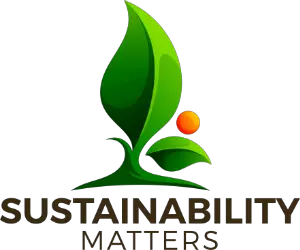
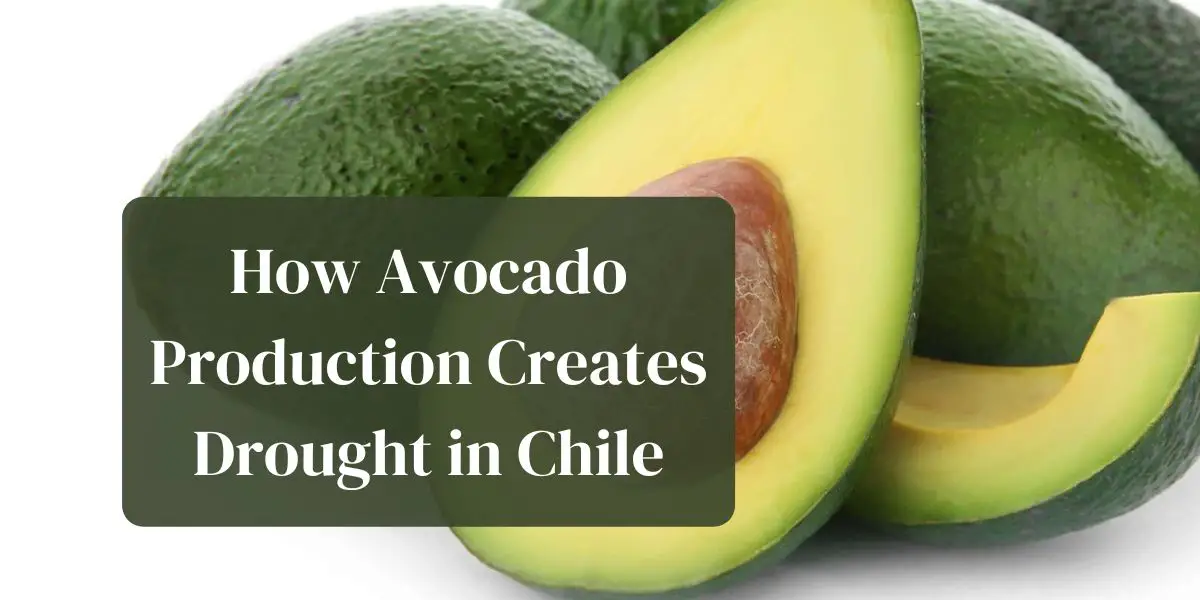
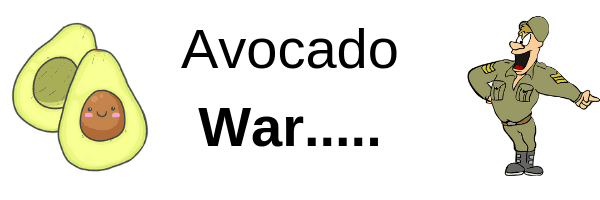
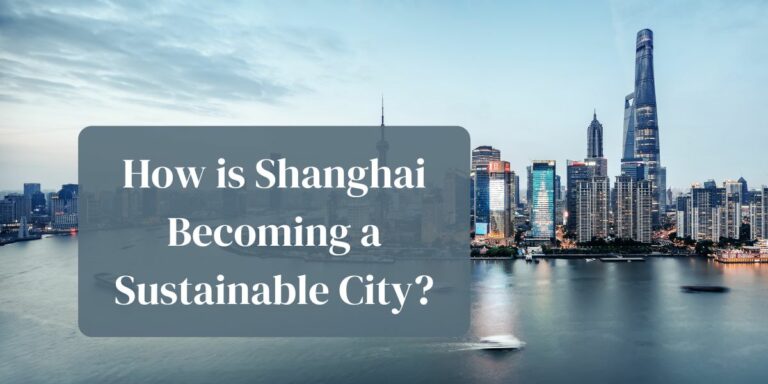
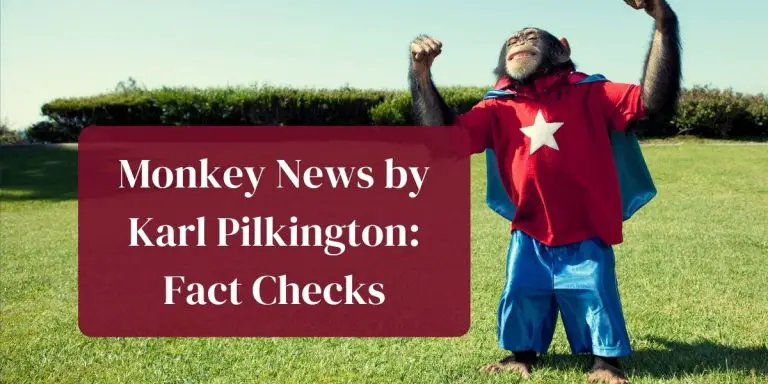

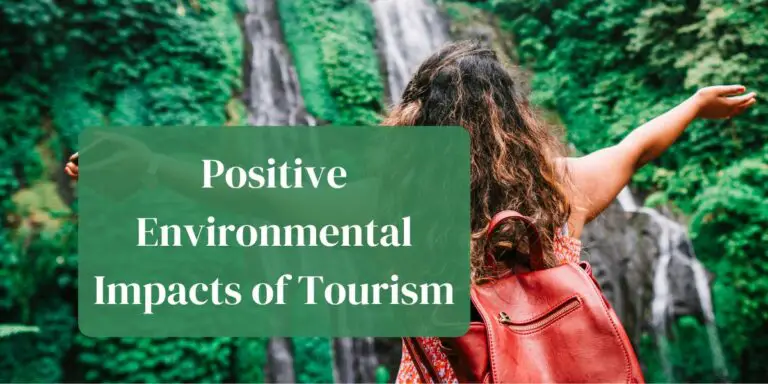
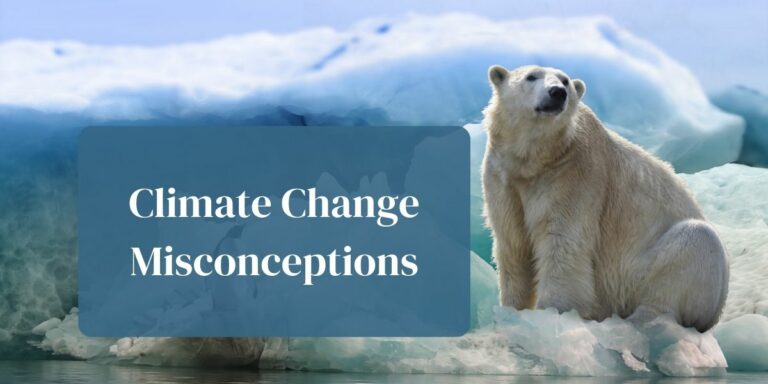
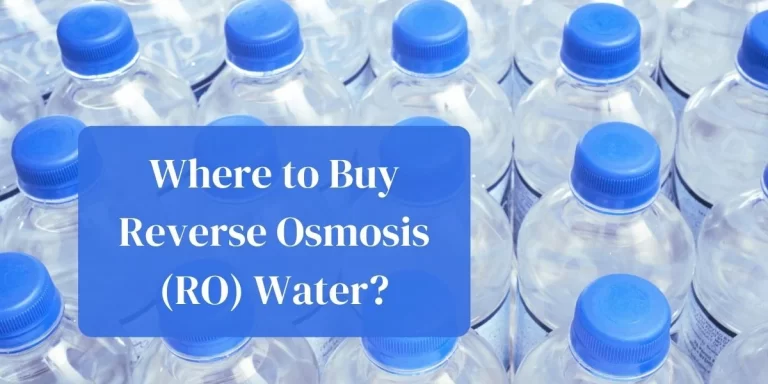

Great article. I do not buy avocados anymore after I understood how big of a problem they are for the environment. Speaking about the article and the environment, I would argue that you loose two Points about avocado Production:
1) deforestation.
2) The fact that avocado farmers become sick from the pesticides used in the farming.
This is something I found online through a newspaper called the Independent:
“According to The Independent, avocado cultivation leads to deforestation and health problems for those who grow the fruit. According to the website, Michoacan in Mexico is undergoing massive deforestation due to the need for space to grow avocados.
In addition, experts are concerned that the use of pesticides in avocado plantations is the cause of diseases in the population of the areas around the plantations. The Independent tells of, among other things, the teacher Salvador Sales, who for 15 years has seen that his students have had more and more breathing and stomach problems.”
But why are people turning their head against this? I mean: why arent people going mental over the fact that some people are killing each other for avocados? and then shipping the avocados to other countries for profit?
From what I can see, this is a super bad thing that just goes into the account of how corrupt South America is…sorry to say it, but its true. Killing other people over a fruit? way to go ,guys
Would you say that Chile is famous for corruption?
I am not sure about that. I know it has been a big problem in the past, and I really understand how it looks like for foreigners, but things have gone better. Now, I know that avocado is a fruit (many people mistake it for a vegetable) that has a high carbon footprint attached to it. We cant do anything about that.
On the flipside, I really like that you highlight various environmental issues that is going on around the world. After all, we need to be more careful about the food that we eat. So much can be traced back to pollution now, and I think red meat is possibly the worst?
just wanted to hear your thoughts, thanks
Hello Juan, thanks a lot for your comment. It actually made me investigate the corruption level in Chile. The Corruptions Perceptions Index gave Chile a score of 67/100. 0 is very corrupt and 100 means that a country has no corruption at all.
Compared to a lot of the neighboring countries, I will have to agree with you. Chile is not a very corrupt country if you compare that to other South American neighbors.
Yes, red meat is the worst thing we can eat – with beef as the top 1. However, I wanted to write and publish this article because very few people are aware of the high carbon footprint of eating avocados. I also find it interesting that the avocado production does not only create global problems in terms of pollution, but also local problems within Chile.
I actually had no idea that this was happening. But in my country (Denmark), some shops have stopped selling avocados because of its environmental impact. We had one woman who started to write a lot of newspaper articles about how avocado farms are destroying the planet, and BOOM -. Suddenly the grocery stores felt that they were required to stop producing them. Madness
Hi Luisa, thanks for your comment!
Your story proves a point that I have tried to make all the time since I started this website. If private-owned, profit-seeking companies are going to change their environmental policies, it has to be driven by media attention and a change in customer behavior. As long as most people believe that avocado tastes good and are able to look away from the harm it does in this world, we wont find a sustainable solution.
🙂